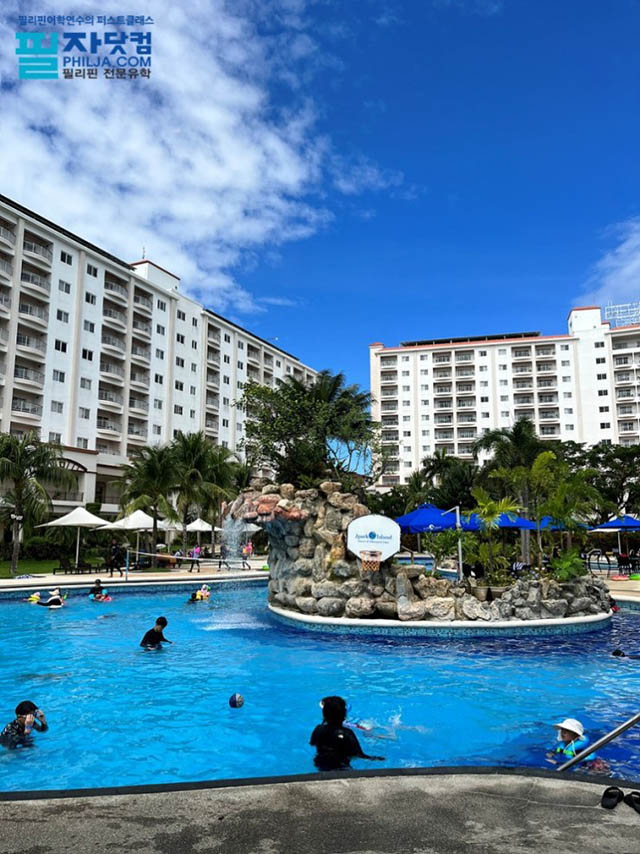
-
МјРЇСІИёСЖШИМі
-
 gabi АЁКё(night РњГс) gusto БИНКЖЧ(want ПјЧЯДй) buk
gabi АЁКё(night РњГс) gusto БИНКЖЧ(want ПјЧЯДй) buk 9,148
9,148 -
 ЕћАЅ
ЕћАЅ 9,119
9,119 -
 Some phrases in Cebuano using pronouns translated into
Some phrases in Cebuano using pronouns translated into 9,090
9,090 -
 How long in Tagalog8,946
How long in Tagalog8,946 -
 School Supplies in Tagalog8,705
School Supplies in Tagalog8,705 -
 Poem : How do I love thee? ( Gaano kita Iniibig?)8,693
Poem : How do I love thee? ( Gaano kita Iniibig?)8,693 -
 Paru-Parung Bukid song8,443
Paru-Parung Bukid song8,443 -
 KAHIT SAAN- WHEREVER8,342
KAHIT SAAN- WHEREVER8,342 -
 Names of Different kind of Clothing translated from Ceb8,091
Names of Different kind of Clothing translated from Ceb8,091 -
 \"Ako ay Plipino\" Song in translated in English versi8,038
\"Ako ay Plipino\" Song in translated in English versi8,038
Filipino Street Words
Filipino Street words (salitang kanto o balbal)
SALITANG KANTO is the direct opposite of Coño English in terms of its
speakers, because this is the jargon of the poor. Among the characteristics
of this language is the switching of syllables in a word and the use of code words.
Salitang kalye (from Spanish, calle or "street"), salitang kanto (street corner)
and salitang balbal are the Tagalog terms for "slang". Kalye means "street",
thus salitang kalye implies that "slang" is pedestrian language. Kanto mean
"street corner" where most bums while their time away. Balbal is the Tagalog
word that means a term or phrase borrowed from a foreign language used
by commoners or less educated people, the form of which is altered
to suit certain usage.
TAGALOG - SALITANG KANTO - ENGLISH
handaan - tipar - party
kasamahan - resbak - backers, allies or back-up
nanay - ermat - mother
pera -datung - money
pulis - parak - police
sigarilyo - yosi - cigarette
tatay - erpat - father
tiyo/tsong - chong - uncle (can be used like man, dude, bro)
usap-usapan - tsismis - gossip
badtrip= annoying/irritating/unfavorable person/circumstance
nomnom= to drink an alcoholic beverage
walangya= shameless
loko= fool
loko= fool
Beware of this:
* gago, putang ina, sira ulo, ulol, kupal, tarantado, pakshit are some
commonly used cuss words. Generally speaking, these are what we
call ЁАbad wordsЁБ. But times have changed, thus, they came to be a part
of everyday conversations and are widely used as common expressions
or interjections. These curses are considered as ЁАsalitang kantoЁБ
because we rarely hear the rich utter them.
- ЁЄfYGbJbhcBF

- ЁЄfYGbJbhcBF

- ЁЄfYGbJbhcBF

- ЁЄfYGbJbhcBF

- ЁЄfYGbJbhcBF

- ЁЄfYGbJbhcBF

- ЁЄfYGbJbhcBF

- ЁЄfYGbJbhcBF

- ЁЄfYGbJbhcBF

- ЁЄfYGbJbhcBF

- ЁЄfYGbJbhcBF

- ЁЄfYGbJbhcBF

- ЁЄfYGbJbhcBF

- ЁЄfYGbJbhcBF

- ЁЄfYGbJbhcBF



1/2

- ЁЄKEVfKqeZoG

- ЁЄKEVfKqeZoG

- ЁЄKEVfKqeZoG

- ЁЄKEVfKqeZoG

- ЁЄKEVfKqeZoG

- ЁЄKEVfKqeZoG

- ЁЄKEVfKqeZoG

- ЁЄKEVfKqeZoG

- ЁЄKEVfKqeZoG

- ЁЄKEVfKqeZoG

- ЁЄKEVfKqeZoG

- ЁЄKEVfKqeZoG

- ЁЄKEVfKqeZoG

- ЁЄKEVfKqeZoG

- ЁЄKEVfKqeZoG



1/2

- ЁЄqpvwYmzPrC

- ЁЄqpvwYmzPrC

- ЁЄqpvwYmzPrC

- ЁЄqpvwYmzPrC

- ЁЄqpvwYmzPrC

- ЁЄqpvwYmzPrC

- ЁЄqpvwYmzPrC

- ЁЄqpvwYmzPrC

- ЁЄqpvwYmzPrC\'\"\\(

- ЁЄqpvwYmzPrCщ\'\"\\(

- ЁЄqpvwYmzPrC

- ЁЄqpvwYmzPrC

- ЁЄqpvwYmzPrC

- ЁЄqpvwYmzPrC

- ЁЄqpvwYmzPrC



1/2


КЛ ЛчРЬЦЎРЧ И№Еч ФмХйУїРЧ РњРлБЧРК СжНФШИЛч ПЅЙіНУРЏЧа Йз ЧЪРкДхФФПЁ РжРИИч, РЬИІ РЬПыЧЯДТ АцПь РњРлБЧЙ§ ЕюПЁ ЕћЖѓ Й§РћУЅРгРЛ Сњ Мі РжНРДЯДй.


ЧЪРкДхФФРК ШИПјПЉЗЏКаРЧ ОШРќЧб ЛчРЬЦЎ РЬПы Йз ПЯКЎЧЯАд АГРЮСЄКИИІ КИШЃЧЯБт РЇЧи SSL(Secure Socket Layer)ЙцНФ ОЯШЃШ УМАшПЁ РЧЧи КИШЃЕЫДЯДй.
Copyright ЈЯ 2006 philja.com. All rights reserved.







 ЧЪРкДхФФ ОпАЃЛѓДу ПРЧТ
ЧЪРкДхФФ ОпАЃЛѓДу ПРЧТ 11ГтПЌМг МвКёРкИИСЗ 1РЇ
11ГтПЌМг МвКёРкИИСЗ 1РЇ
 ГЛАд ИТДТ ОюЧаПј УЃБт
ГЛАд ИТДТ ОюЧаПј УЃБт
 ИЎОѓ ЧаБГ ЙцЙЎБт
ИЎОѓ ЧаБГ ЙцЙЎБт
 СжИЛПЁ ГЛАЁ ОЕ КёПыРК?
СжИЛПЁ ГЛАЁ ОЕ КёПыРК? УжАэАЁМККё РЬКЅЦЎ СёБтБт
УжАэАЁМККё РЬКЅЦЎ СёБтБт
 ЧіСіПЁМЕЕ ЧЪРкДхФФ!
ЧіСіПЁМЕЕ ЧЪРкДхФФ! ЧіСіПЁМ АЁДЩЧб
ЧіСіПЁМ АЁДЩЧб









 ЧЪРк ЦЏБо Ч§ХУ! ФСНУОюСі МКёНК
ЧЪРк ЦЏБо Ч§ХУ! ФСНУОюСі МКёНК



 АЁСЗПЌМіЗЮ ДйЧдАд ОзЦМКёЦМ
АЁСЗПЌМіЗЮ ДйЧдАд ОзЦМКёЦМ





























